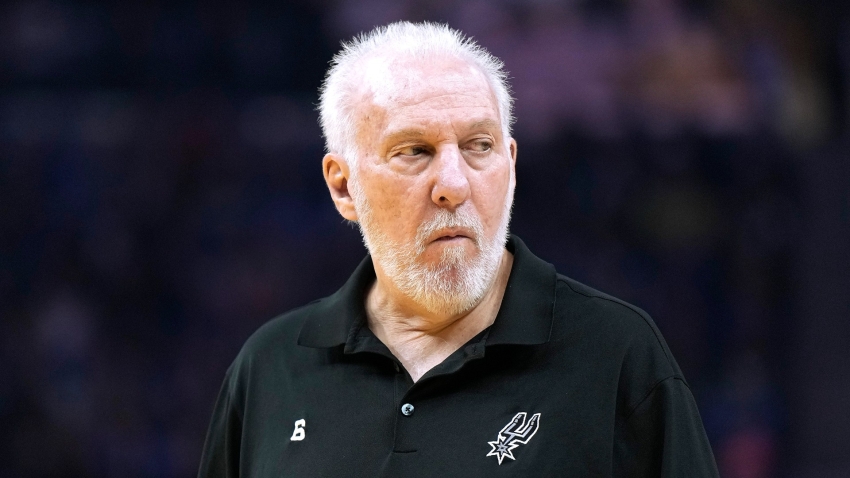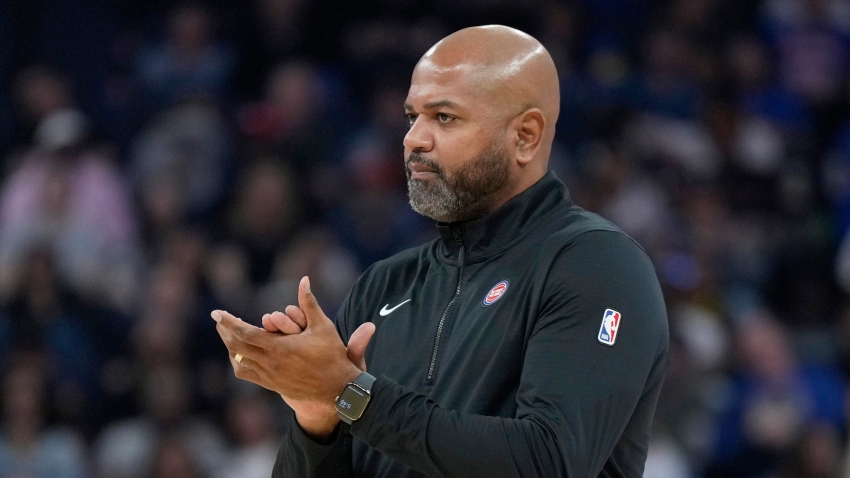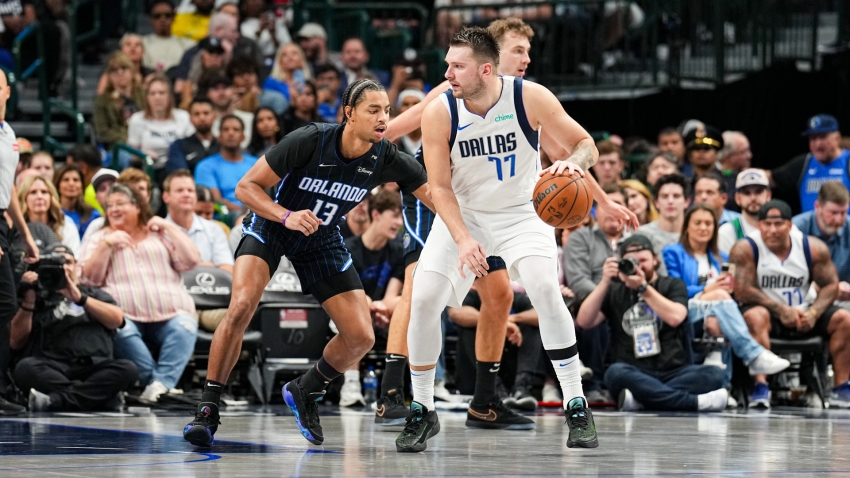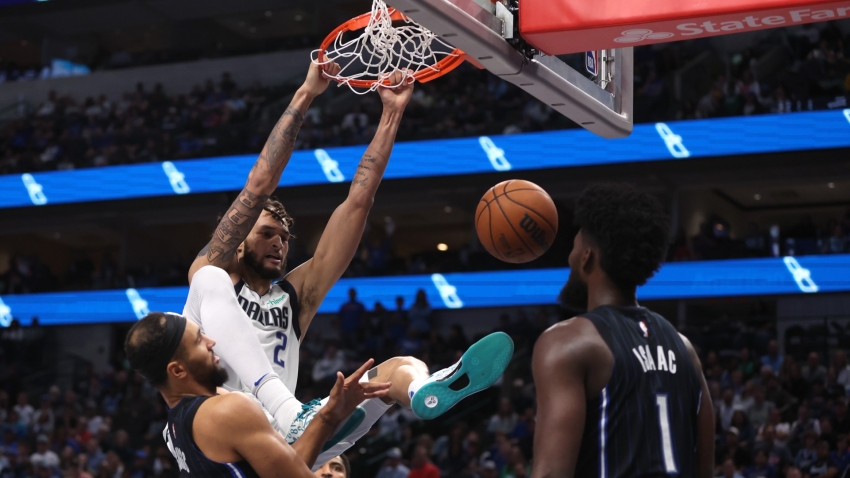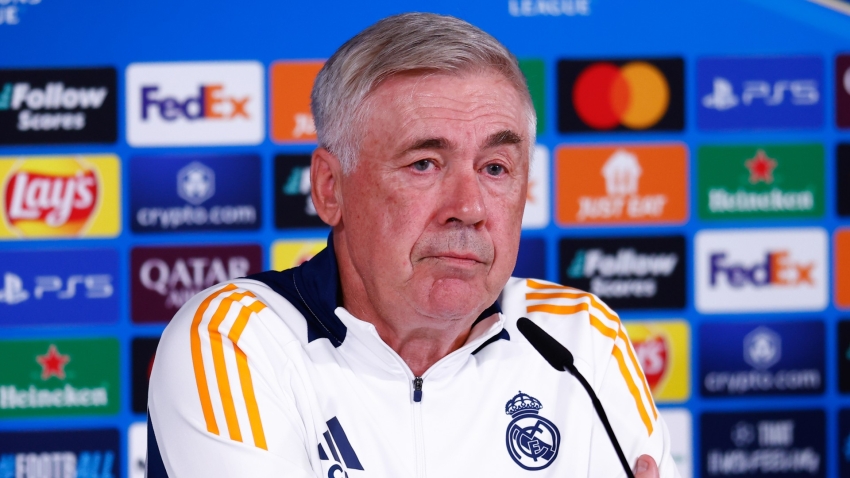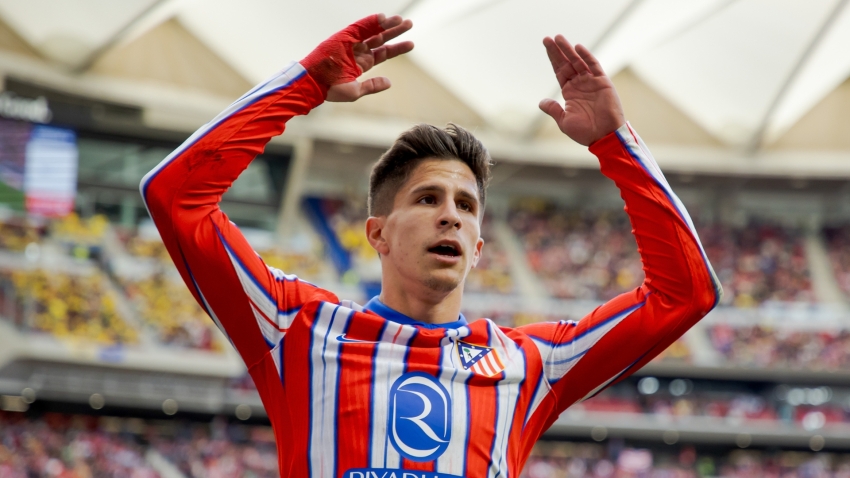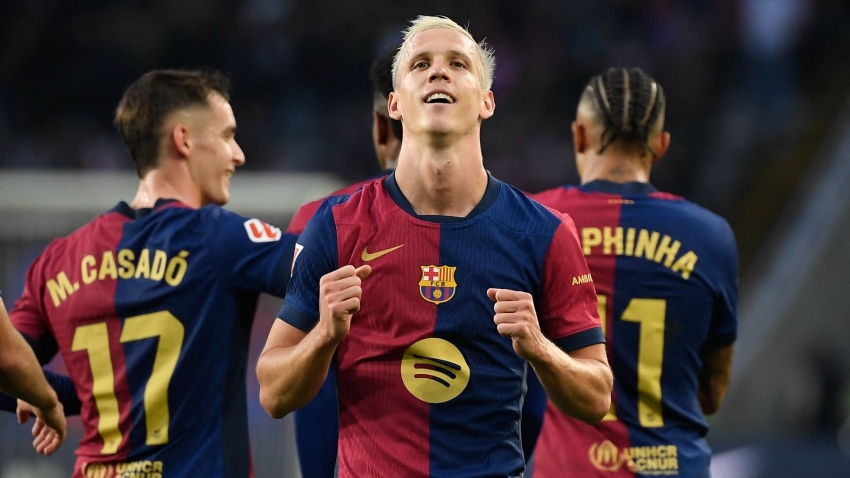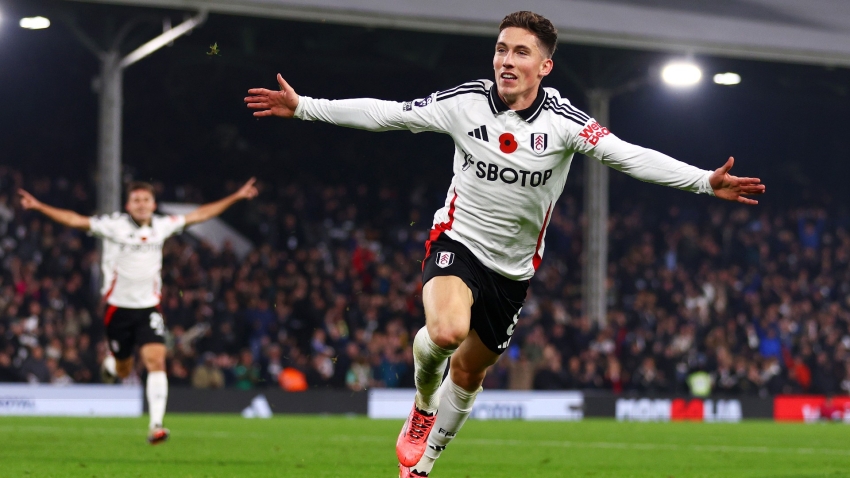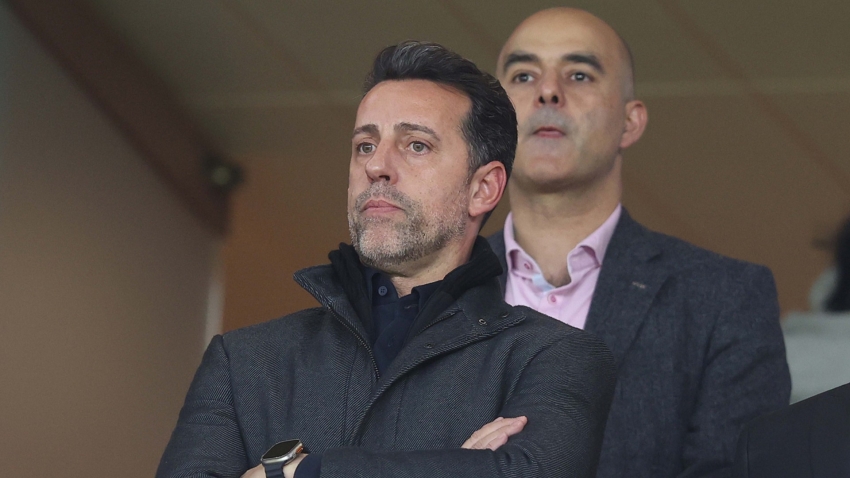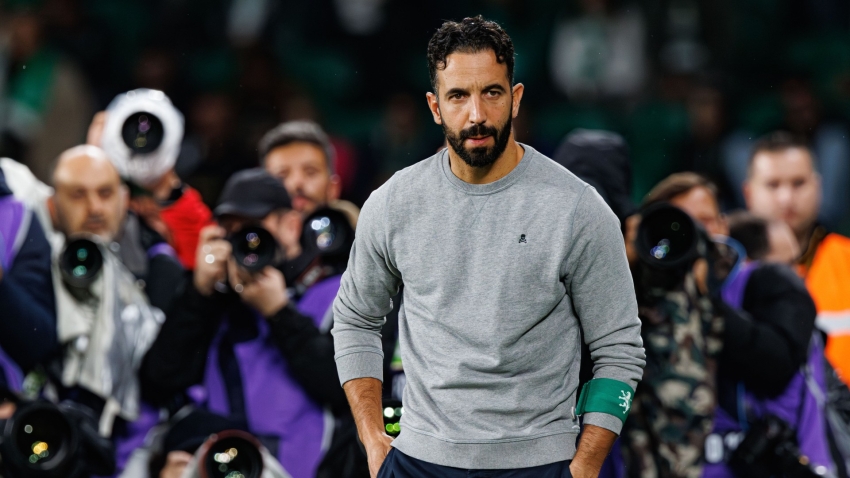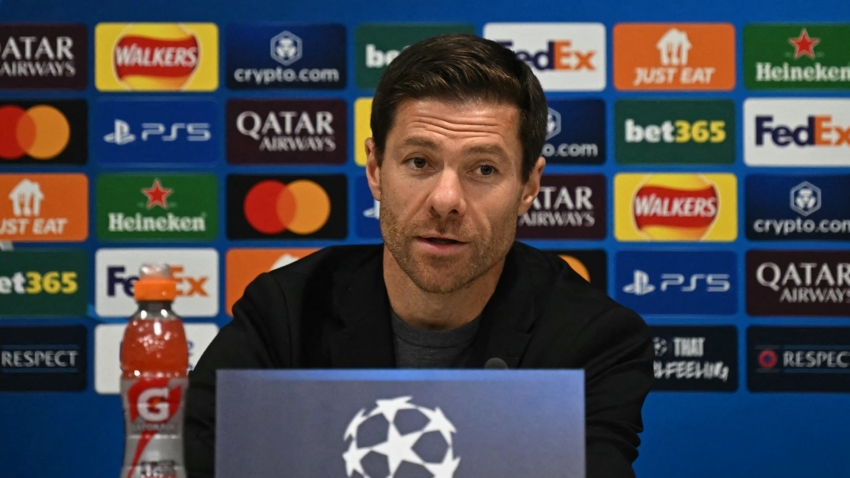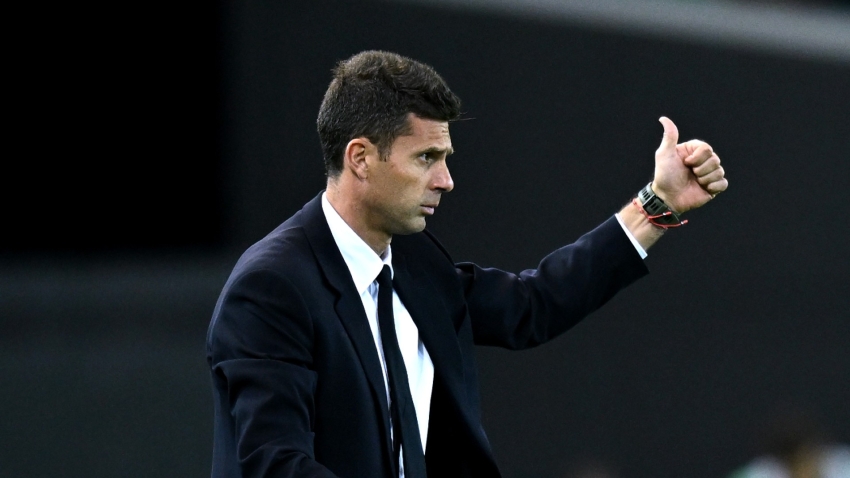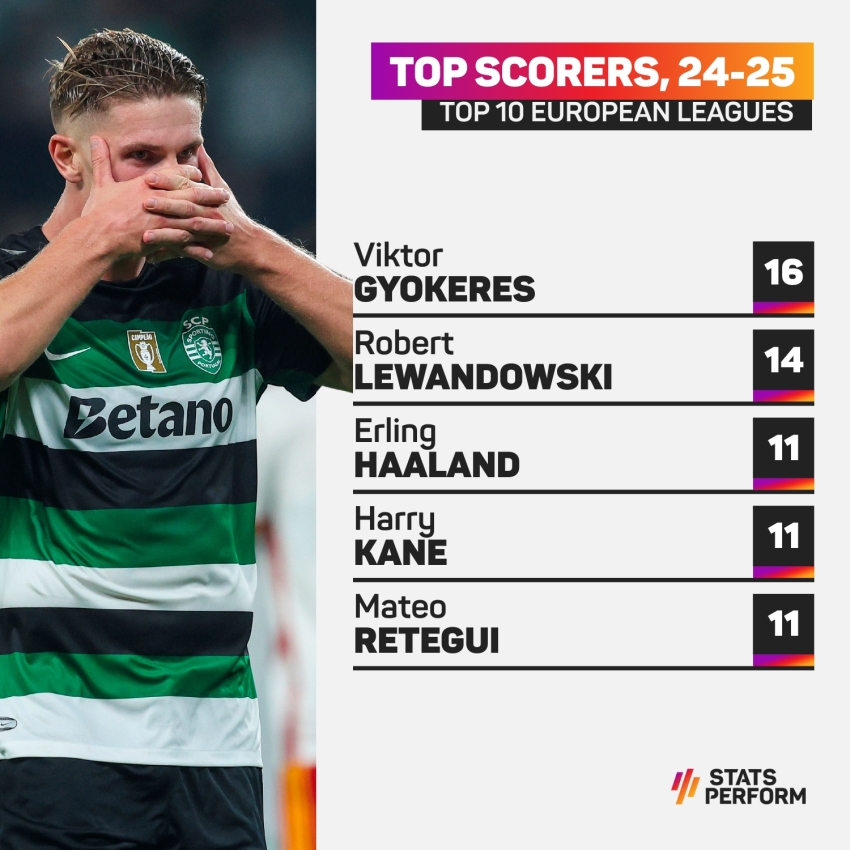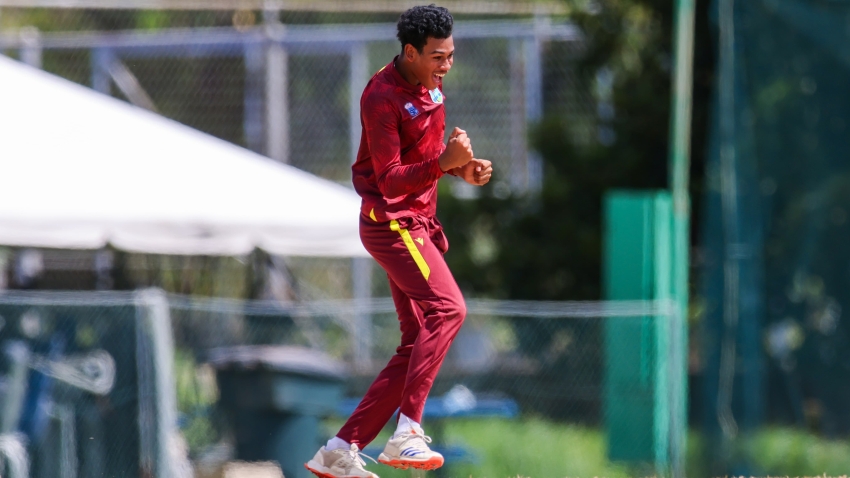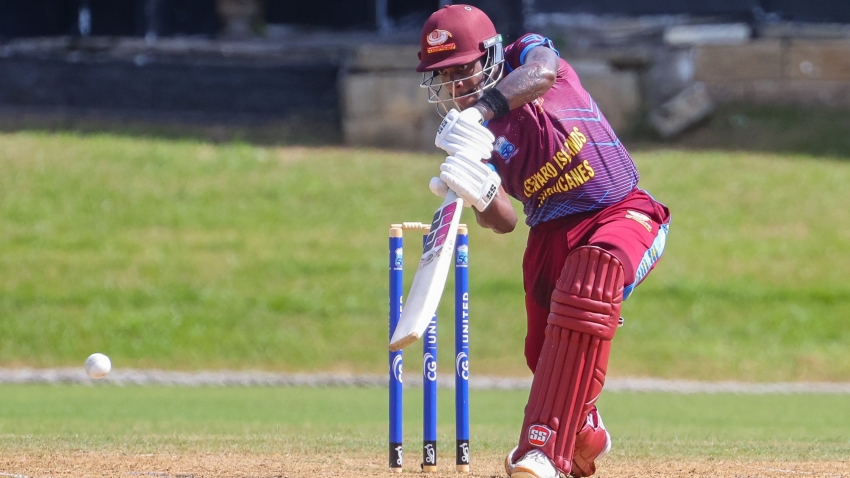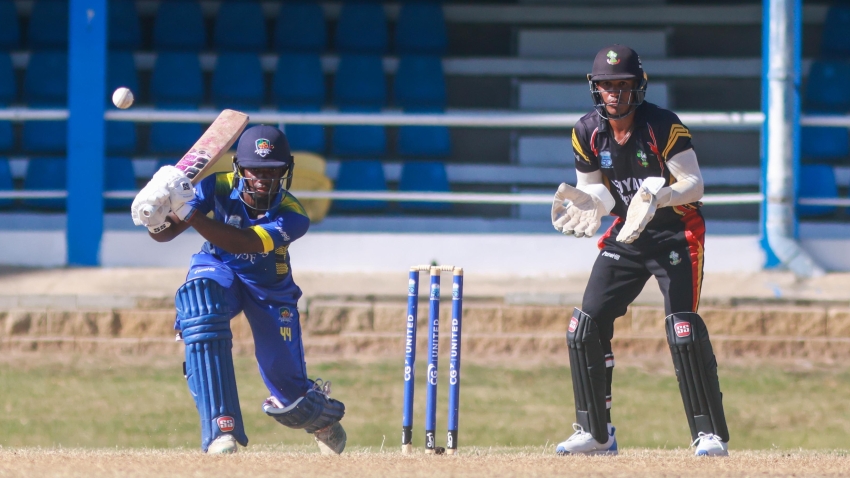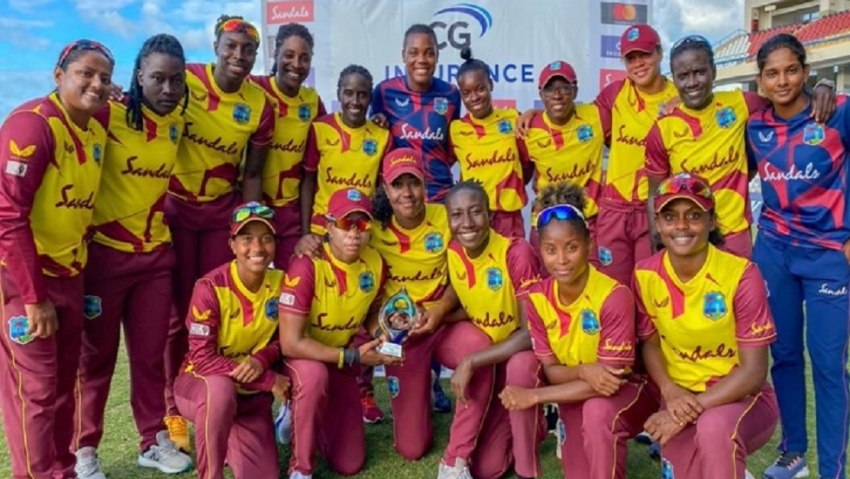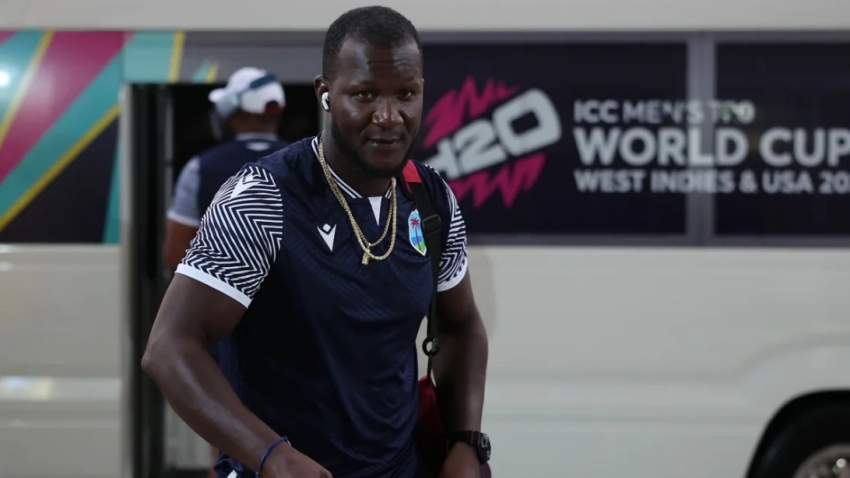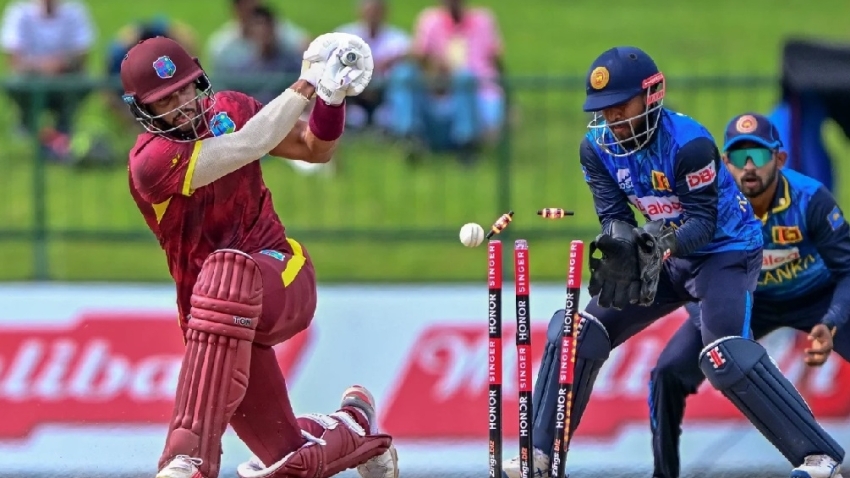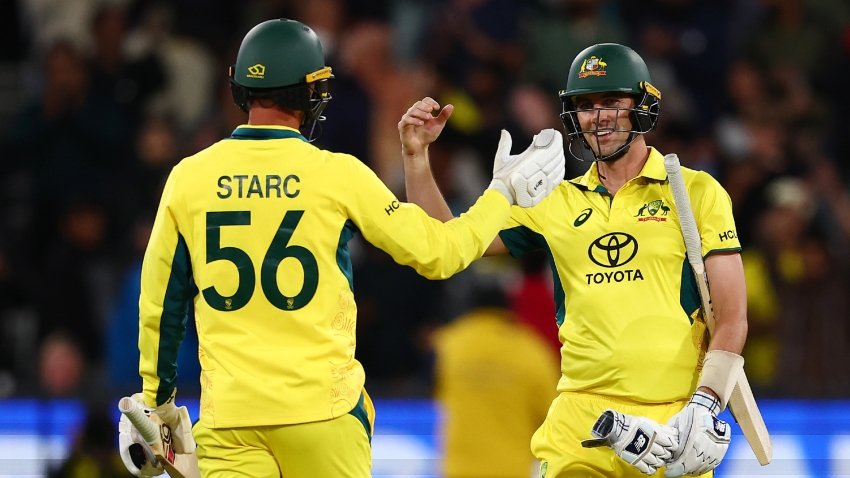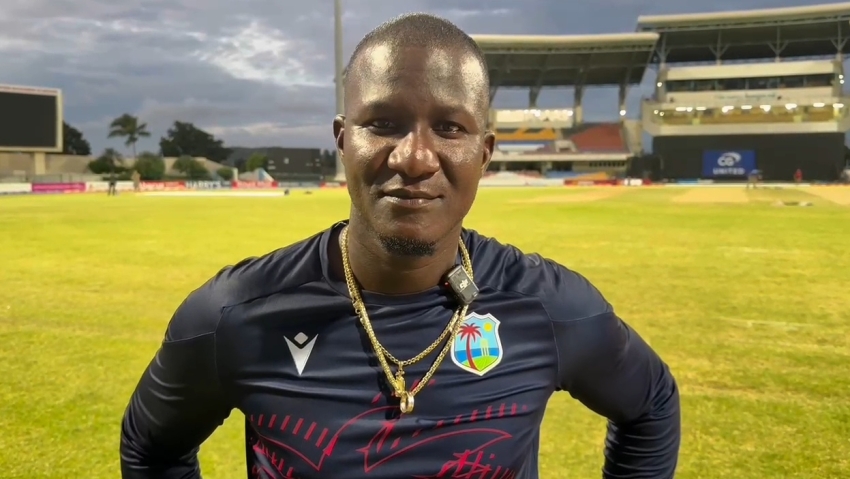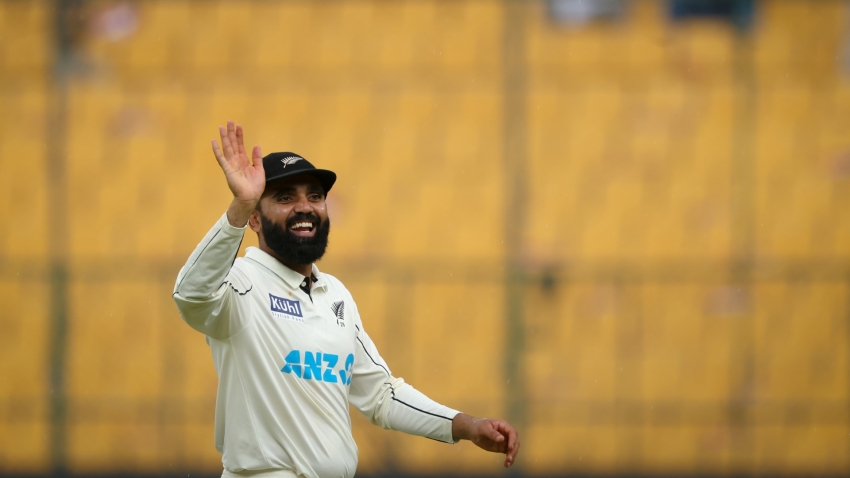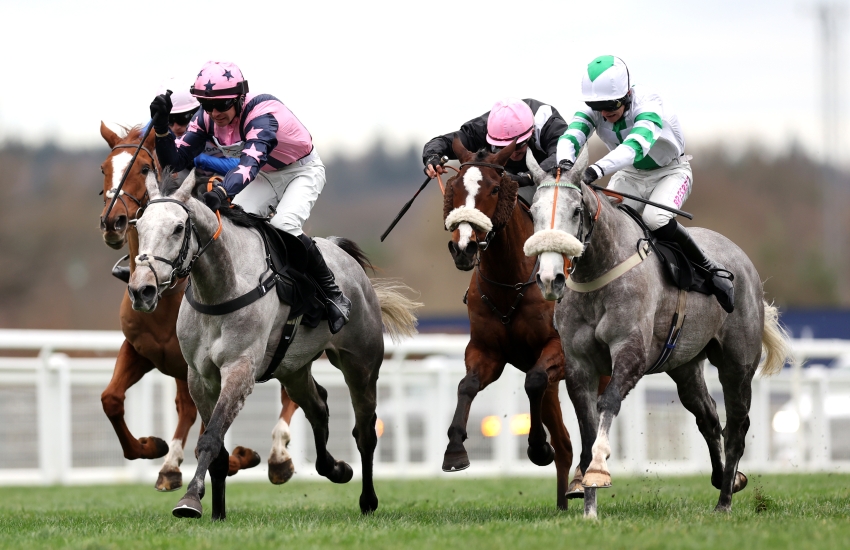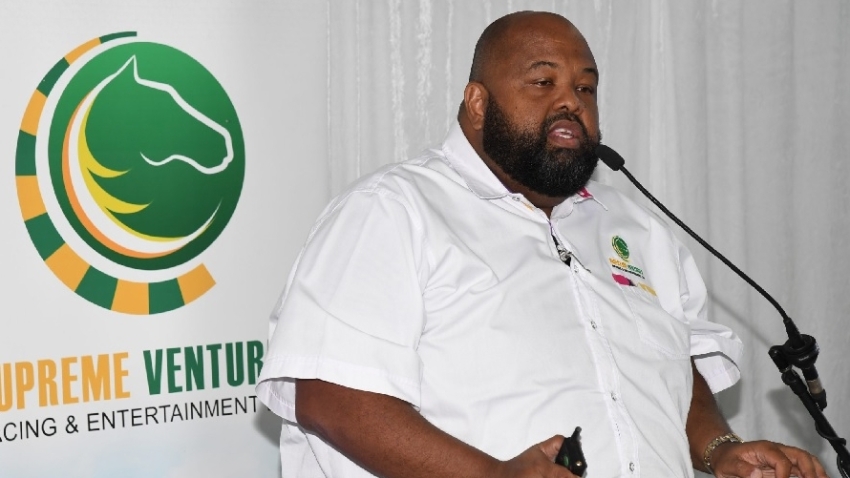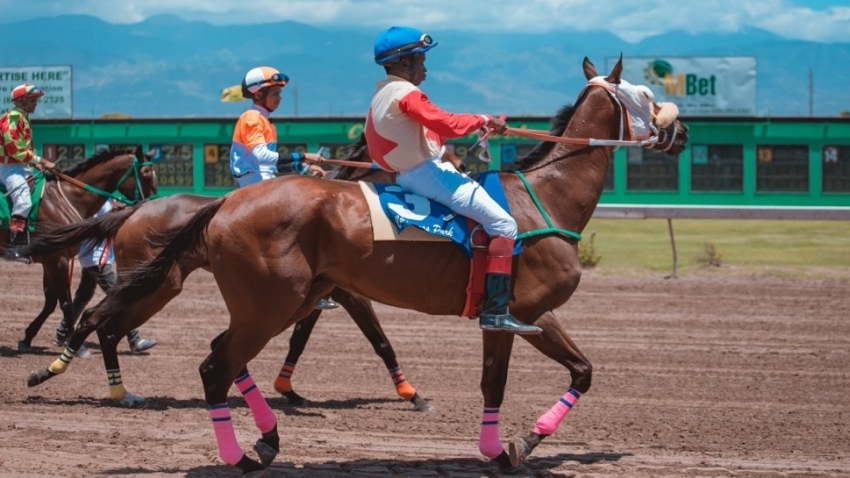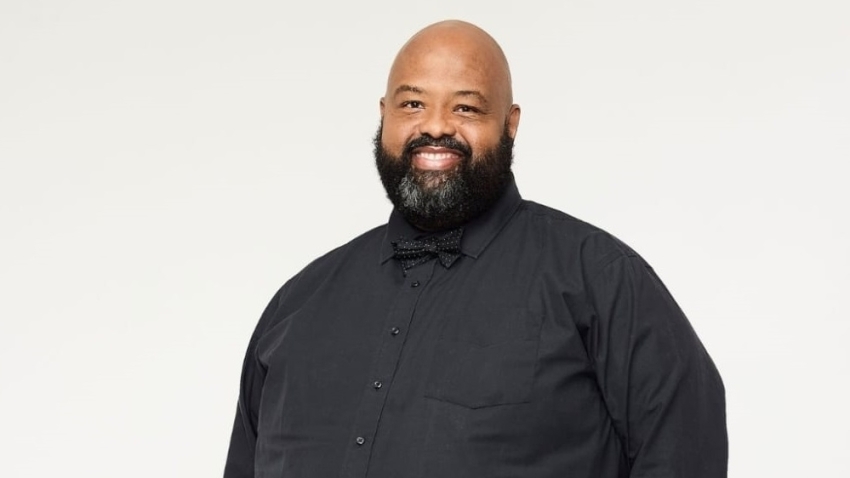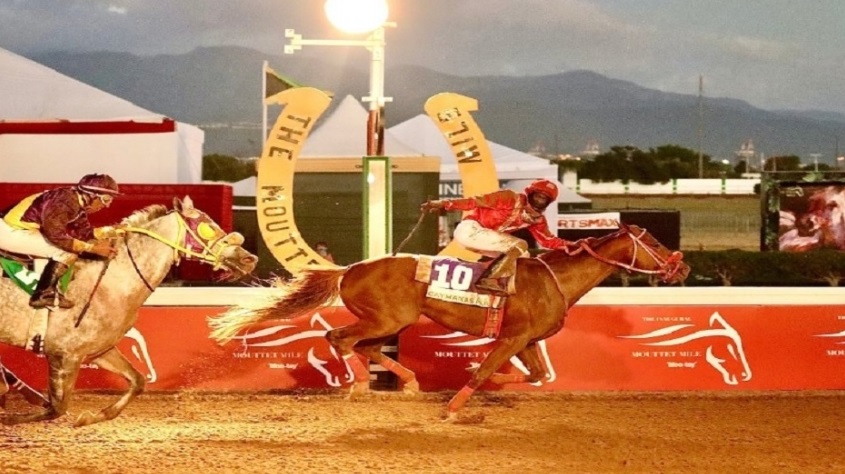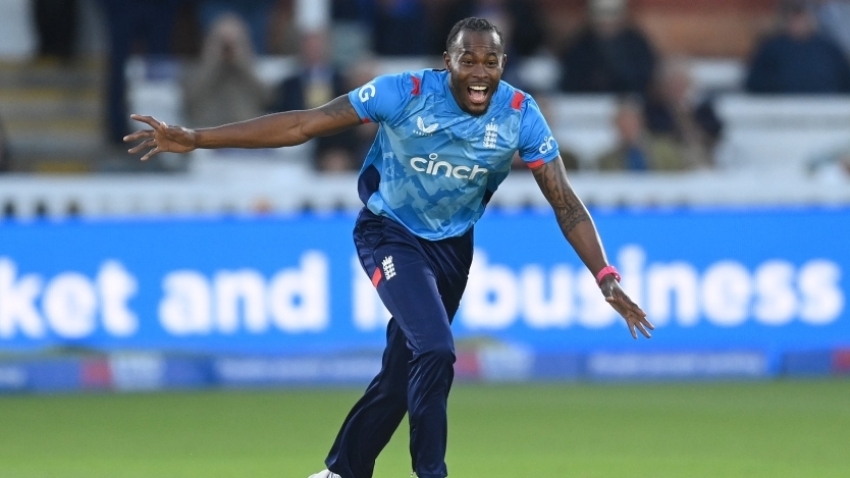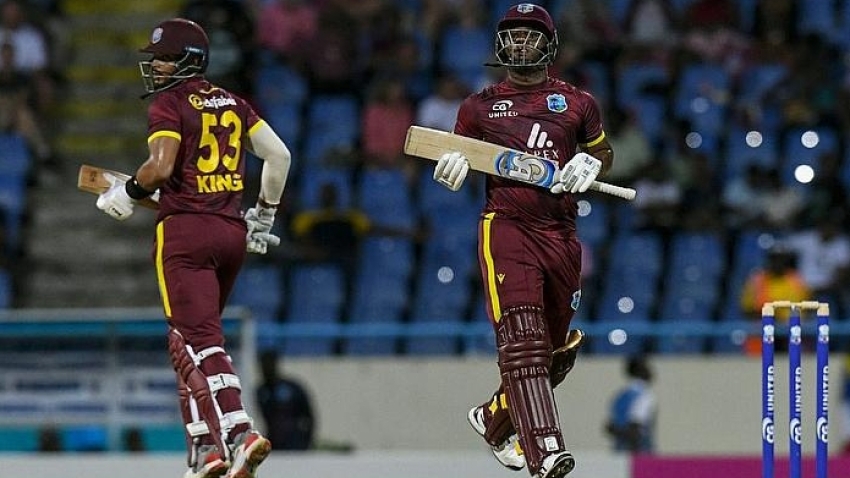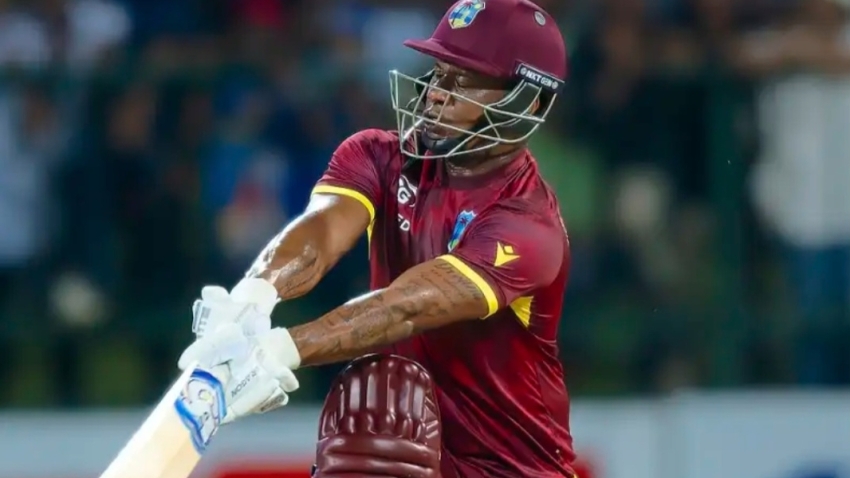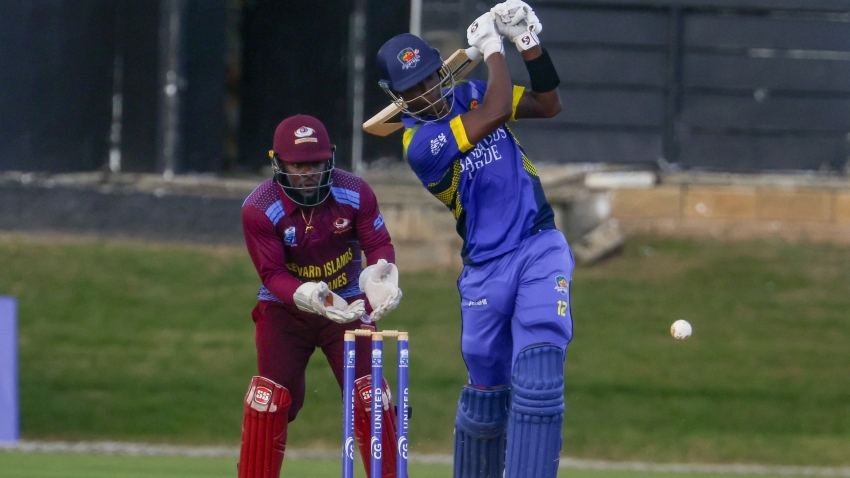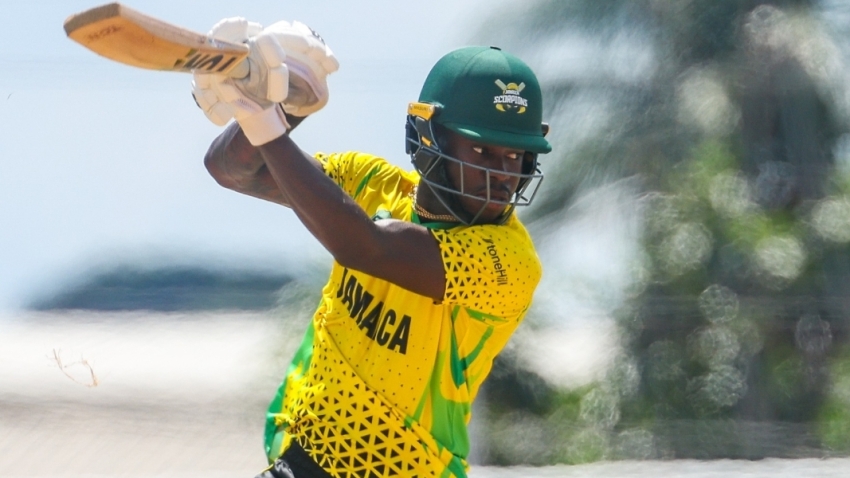Robbie Llewellyn may have TV cameos in Games Of Thrones to his name but it is victory on the racecourse that is fuelling his ambition as he paves his way in the training ranks.
Many would dine out on donning the armour of a Dothraki knight in the popular TV blockbuster, but the 33-year-old has no desire to reminisce about his brief stay in the fantasy land of Westeros and has always held the desire to train racehorses.
Llewellyn’s journey to the training fraternity has seen him excel in the pointing field and assist Tim Vaughan before an epiphany during Covid finally convinced him to roll the dice and commit to taking on a trainer’s licence.
From that moment on, survival entered the equation as starting from the bottom, Llewellyn and his wife Sarah upped sticks to a flat in Wiltshire and began navigating the treacherous world of training racehorses.
It was a move the unassuming Welshman describes as a “calculated punt” and two years on the flat is now a house and his initial 24-horse barn is set to be doubled as he begins expanding his empire.
Llewellyn said: “We didn’t have a lot of money starting off so we couldn’t go out and buy the fancier-bred or expensive horses and we’ve had to work our way up from the bottom.
“Surviving is the biggest thing at the moment and there is no massive grand ambition. But if we can keep going as we are and try to increase the quality – as well as the Monday-to-Friday stuff we want to be competing on the Saturday – that would be good.
“I wouldn’t have been able to do it without my wife Sarah, we took a gamble and moved up from Wales to Wroughton. We rented a two-bedroom flat round the corner and rented a 24-box barn and had three horses, two of which we owned ourselves.
“It’s expensive to get going, and you have to cut the costs when you can to get going. But that was just over two years ago and now we have a barn of 24 full and we have just taken on another barn now which we might have licensed next season I would have thought.
“It was a bit of a punt, but a calculated punt because I guess I knew I could earn money elsewhere if it didn’t work out training wise. We’ve now got a house on the farm right next to the horses, so if it all went Pete Tong tomorrow, it wouldn’t matter because we have a house.”
Life towards the bottom end of the racing ladder is all about maximising returns on a budget, and Llewellyn is always on the search for the next value buy to add quality to his team.
He added: “We have to think about the way we do things and we can’t just turn up at the sales and pick the flashy stuff, we have got to look at things from a different angle really. We’re on the button, looking at sellers, claimers, we have to be ‘on it’ all the time.
“I’ve been lucky, I had some supportive owners before I took the licence out and I was lucky a few owners sent me horses to train to get me up and running and the business going.
“I think every single owner who had horses with us before we had a licence has had a winner with us now and that is what I’m most proud of. It’s great the people who started with us when no one knew us are beginning to have success and enjoying it as much as we are.”
Having initially done his training modules aged 18, Llewellyn tried his hand riding in the pointing field before hanging up the saddle to train ‘between the flags’ for Welshman David Brace.
That gave Llewellyn the bug and having always wanted to train, it was his time assisting Vaughan that convinced him he held the knowledge required to become his own boss.
“I kind of had a free rein for David Brace training his pointers for him and we won two owners’ championships and I always wanted to train but just didn’t know how we could do it,” he explained.
“Working two seasons as an assistant to Tim Vaughan, I realised there wasn’t such a big step to go and Covid was the first time in my life I realised what I wanted to do. If I was going to train I didn’t want to get to 50 and regret not giving it a go when I was 30.”
It is remiss to ignore the part Llewellyn’s dalliance with the big screen has played in his journey, but the trainer is keen to stress he is far from an Academy Award nominee, but simply someone with horses in the right place at the right time.
“I’m no actor and I have no interest in being in front of the camera,” he pointed out.
“I have no interest in talking about the Game Of Thrones stuff really as I don’t want to be known as the film guy and I’m not an actor.
“You’ll never see me do that again. It’s just something I was able to earn a bit of money out of – being able to ride a horse. People get excited about it, but I just needed to earn a few quid and they happened to be filming round the corner from my house and needed someone who is six foot who could ride a horse.”
However, his time working alongside leading film-industry horse supplier The Devil’s Horsemen has opened up some vital revenue streams that have not only helped make training a more viable option, but reaffirmed to Llewellyn it was the avenue he wanted to take in life.
“I now work alongside ‘The Devil’s’,” said Llewellyn. “I worked for them for two years in between leaving David Brace’s and starting at Tim’s, just as a sub-contractor I suppose.
“When I went back into racing they asked me if I could provide some horses for The Crown on Netflix, then we did Dream Horse and since then we’ve done adverts.
“It probably put my life into perspective and that’s how we made the move into training really, doing something because I wanted to do it, not just being somewhere because it was a way of making money.
“I think we have an easy life. When you are working six or seven days a week and 18 hours on a film set, working in racing is easy – coming in and doing something you enjoy every day.”
He went on: “It’s a sideline which enables us to train if I’m honest and we had 20 horses at Newbury for a Coral advert recently which really helps us keep going because with the prize-money as it is, it’s a tight game to make money in. It means the business survives and takes the pressure off.”
Now in his third season with a licence, Llewellyn has easily eclipsed last season’s tally of five and saddled 15 winners at just past the halfway stage of the campaign.
Operating at a strike-rate of over 20 per cent, the biggest victories of his career came at Ascot during the the track’s two-day pre-Christmas meeting where Titan Discovery’s triumph on the Friday was quickly supplemented a day later by the success of Top Cloud.
“The Friday was a special day and Titan Discovery is probably the nicest horse we’ve got,” said Llewellyn.
“Owner-breeders Kevin and Anne Glastonbury I’ve known since I was 14 and as soon as I came out of Tim’s, they sent me some young horses to break in and to have a nice horse for them is massive.
“When he got a mark of 104 I thought we might as well have a day out at a nicer meeting and a day out at Ascot while he was on the way up and improving. We thought he had a solid each-way chance, but you still never know when you are taking on the big boys and you always assume one will have a bit more up their sleeve.
“It was magical and to win on the Friday and then come back and win with Top Cloud on the Saturday was a different world to be honest. We paid £8,000 for him and again he was there to give the syndicate a nice day out at Ascot and for him to win made it a special two days.”
Those results have convinced the fledgling handler he is on the right track and has given him the confidence to take on the best in the game again if the opportunities arise.
“We know we can get them fit and know we can place them well, but sometimes you just avoid those type of races because you think it’s Ascot on a Saturday and we’re not good enough,” said Llewellyn.
“Realistically though, we probably are. We still have to be in the right grade, but now just because it’s Ascot on a Saturday, if it’s the right race we can’t just ignore it.
“It’s kind of opened my mind a little bit to say ‘oh come on, let’s have a go’. Training is a confidence game and you are only as good as your last winner.
“At the minute everything is flying so we’ve just got to try to earn as much money as we can and place our horses the best we can with the limited numbers we’ve got.”


